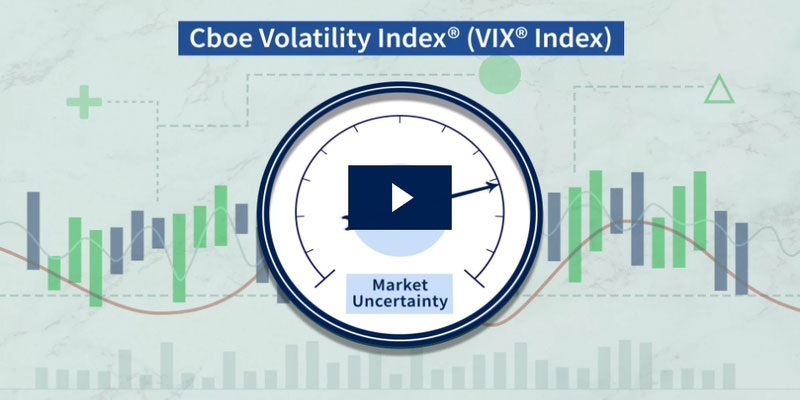Exploring Investment Opportunities in Grocery Anchored Real Estate
Investing in real estate can be a lucrative way to diversify your portfolio, especially when focusing on stable and high-demand segments like grocery-anchored real estate. These properties, which major grocery stores anchor, tend to offer consistent foot traffic and stable rental income.

A popular question among investors is whether you can buy FNRP (First National Realty Partners) stock to gain exposure to this market. In this article, we'll explore this question and discuss five other ways you can invest in grocery-anchored real estate.
Can You Buy FNRP Stock?
First National Realty Partners (FNRP) is a leading private equity real estate investment firm specializing in grocery-anchored real estate. As of 2024, FNRP is not a publicly traded company, which means you cannot buy FNRP stock on the open market. FNRP operates privately, focusing on acquiring and managing high-quality commercial properties. Investors typically gain exposure to FNRP's portfolio through private equity investment opportunities.
If you are interested in investing directly with FNRP, you would need to qualify as an accredited investor, meet the firms minimum investment requirements, and go through their private placement process.
Top Ways To Invest In Grocery Anchored Real Estate
Real Estate Investment Trusts (REITs)
One of the most accessible ways to invest in grocery-anchored real estate is through Real Estate Investment Trusts (REITs). REITs are companies that own, operate or finance income-producing real estate. They are publicly traded on major stock exchanges, making them easy to buy and sell.
Several REITs specialize in retail properties, including those anchored by grocery stores. Examples include Kimco Realty Corporation and Regency Centers Corporation. These REITs provide exposure to a diversified portfolio of retail properties, offering investors the benefits of professional management and regular dividend income.
Real Estate Crowdfunding Platforms
Real estate crowdfunding platforms have gained popularity in recent years as they democratize access to real estate investments. These platforms pool funds from multiple investors to purchase and manage properties, including grocery-anchored real estate.

Platforms like Fundrise and RealtyMogul offer opportunities to invest in commercial real estate projects. They often have lower minimum investment requirements than private equity firms, making them accessible to a broader range of investors. Through these platforms, you can invest in specific properties or portfolios that include grocery-anchored real estate.
Direct Ownership
For those with substantial capital and a desire for direct control, purchasing a grocery-anchored property outright is an option. This approach involves buying a commercial property anchored by a grocery store, either alone or with a group of investors.
Direct ownership allows for greater control over property management decisions and the potential for higher returns. However, it also comes with higher risks and responsibilities, including property management, maintenance, and tenant relations. Investors considering this route should conduct thorough due diligence and possibly seek the assistance of a commercial real estate professional.
Private Equity Real Estate Funds
Private equity real estate funds pool capital from investors to acquire and manage a portfolio of properties. These funds are managed by professional investment firms, offering a hands-off approach for investors.
While similar to REITs, private equity funds are typically not publicly traded and may require higher minimum investments. They often have longer investment horizons and can provide higher returns due to their targeted acquisition strategies. Firms like Blackstone and Brookfield Asset Management offer private equity funds that include grocery-anchored real estate as part of their portfolios.
Real Estate Mutual Funds and ETFs
Mutual funds and exchange-traded funds (ETFs) offer another way to gain exposure to grocery-anchored real estate. These funds invest in a diversified portfolio of real estate assets, including REITs and other real estate companies.

Real estate mutual funds and ETFs provide liquidity and diversification, making them suitable for investors who prefer a passive investment approach. Examples of such funds include the Vanguard Real Estate ETF and the Fidelity Real Estate Investment Fund. These funds often include holdings in REITs that own grocery-anchored properties, providing indirect exposure to this segment.
Joint Ventures
Joint ventures are a strategic way to invest in grocery-anchored real estate, especially for those who want to share the risk and resources required for such investments. In a joint venture, two or more parties pool their capital, expertise, and other resources to purchase and manage a property.
This method allows investors to leverage their partners' strengths, whether financial resources, market knowledge, or operational expertise. Joint ventures can provide significant returns, but they also require careful planning and clear agreements to ensure all parties' interests are aligned.
Syndicated Investments
Syndicated investments involve pooling capital from multiple investors to fund a single real estate project or a portfolio of properties. A sponsor or syndicator typically organizes these investments, identifying opportunities, arranging financing, and managing the properties.
Syndicated investments can offer access to larger and more lucrative real estate deals than an individual might achieve alone. They also spread the risk among multiple investors. This approach is often used in commercial real estate, including grocery-anchored properties, providing an opportunity for smaller investors to participate in significant projects with the guidance of experienced sponsors.
Conclusion
Investing in grocery-anchored real estate can be a stable and profitable addition to your investment portfolio. While you cannot buy FNRP stock directly, there are multiple ways to gain exposure to this market segment. REITs, real estate crowdfunding platforms, direct ownership, private equity real estate funds, real estate mutual funds and ETFs, joint ventures, and syndicated investments all offer unique benefits and opportunities for investors.
Each investment method has its own set of risks and rewards, so it's essential to conduct thorough research and consider your financial goals and risk tolerance. Whether you are a seasoned investor or just starting out, grocery-anchored real estate presents a compelling opportunity to diversify and strengthen your investment portfolio.







